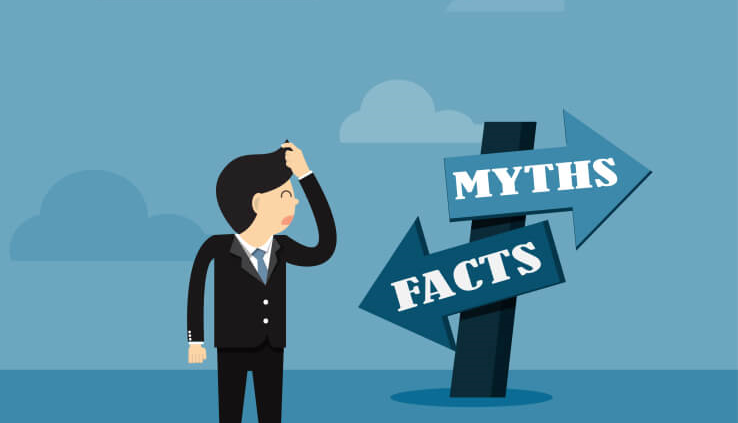Myths About Municipal Council and Some Frequently Asked Questions
Originally published in the Whistler Question November 9th 2017
When my boys were little, they would always groan when we went to the grocery store, “how long is this going to take?” they would whine, “do you have to talk to every single person you see?”. I would respond with “Well boys, you know people like to talk.”-“No dad… YOU like to talk!” they would correct.
So, here dear taxpayer, is a compilation of frequently asked questions I’ve fielded over the years.
Term Limits: There are no term limits for Council or the Mayor in Whistler, or any other municipality, in fact there are no term limits for any elected office in Canada. Constitutional scholars and decisions by the Supreme Court suggest that term limits would be a violation of section three of the Charter of Rights and Freedoms. The most famous example would be “Hurricane” Hazel McCallion who served as mayor of Mississauga Ontario for 36 years, her record was bested last year by Gord Krantz of Milton Ontario. It turns out that Canadians like experience in their politicians.
You can’t run for both Mayor and Council… Think about it. What if you won both seats? You either go for it all, or not. Strangely though, at least in British Columbia you can run for Mayor or council of multiple municipalities! Anyone remember Jag Bandari? In 2008, he ran for Mayor of Whistler and for a council seat in Surry (he lost both). You also, don’t have to live in the town you run in, sounds crazy but it actually works, a great example would be Pemberton’s former Mayor Jordan Sturdy—he lives in the SLRD, not Pemberton.
Financial things the RMOW can and can’t do: The RMOW (or any Municipality) can’t lend or give money to businesses, can’t run a deficit, and can’t charge a sales tax.
Municipalities only have two basic sources of revenue, property taxes and user fees. The RMOW already has a third source-the hotel tax. When the resort was incorporated, the province endowed us with our own act (The Resort Municipality of Whistler Act) which allows the RMOW to collect development charges, and Tourism Whistler to levy assessments on members who reside on resort lands. It really showed a lot of foresight by the Province to permit these tools to control development and enhance tourism.
The most frequently asked questions and the ones that community members have the least understanding of-surround housing. First, and let me be emphatic—the RMOW does not build housing— the RMOW does not use your tax dollars to build someone else a house. The next time I hear someone say “just take the money from the soccer fields and build housing” I’m going to scream! Here’s how employee housing gets built: a land owner has, let’s say a 10 acre plot, but it’s only zoned for a single family house, said land owner thinks “gee I could make some more money by subdividing this lot and building more houses”. When he takes this idea to council, council will say great, we’ll rezone the property but we’ll need you to build some employee housing units on the site as well. It really is that simple, and there is no cost to the taxpayer—unless you count the staff and council time to handle the rezoning application—but hey that’s their job. I’ll save all the multitude of other ways to build housing, for another column, till then dear taxpayer, if you have any other questions about politics and how it really works, next time you see me in the produce aisle… ask away!
Ralph Forsyth is an entrepreneur and ski instructor, he served as a Whistler Councillor from 2005 to 2011, He’s never been accused of being the smartest guy in the room or the calm voice of reason.



